London: The Modern Babylon
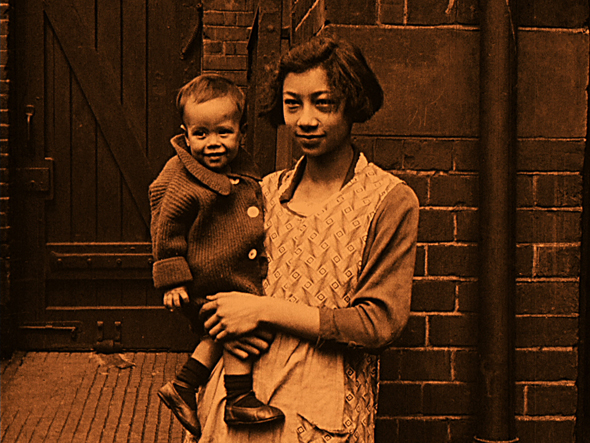
London: The Modern Babylon is a documentary collage of cut archive footage combined with music and interviews weaving an exciting tapestry of London from the start of the twentieth century until present.
The director Julien Temple is the impersonation of the typical inner city Londoner. Never having been able to shake off the eccentricities of the punk scene in the 70s, he is a believer in the obnoxious youth. For this film he has painted a vibrant portrait of his beloved London using archive footage combined with interviews, quotations and an impressive playlist of hit songs about London.
The two hour documentary starts at the beginning of the cinematic era; the first archive footage shows a filthy and industrial London at the start of the century. Rather than a dry historical context, the scenes are brought alive with interviews, peculiar facts and quotes. Alongside WWII with its well-known minister Chamberlain’s British declaration of war with Germany, the documentary also reveals another side of the tensed war years where many London women encountered a “strange sexual lust “and enormous sex drive, leading to many unfaithful wives. You never heard that in history class.
After WWII and the conformity of the 50s, London is turned into the stage of the liberating and clashing 60s and 70s. The film reveals a fascinating landscape of London under pressure and the adaptability of the people. Many interviews with true Londoners, like the bright, 106-year-old Hackney resident Hetty Bower, guide us through the decennia with vivid commentary and humour to the present day reality.
But one must not think this documentary is just a chronological celebration of the city and its people. Throughout the film London is revealed as a city of tensions: immigrants and residents, black and white, rich and poor. From the start of the film one sees that the city has always been the stage for riots, occupations and demonstrations. People reject each other before embracing each other again, but with a distant rationality. The city loses itself just as often it is redefined in collective memories.
Although Temple shows London with its eccentric, disobedient, conformist, industrial variety of people, over time, the film reveals a pride for the city that only can be found in the slightly arrogant Londoners themselves. The feeling of “right here right now” and London as the centre of the universe is not a realistic representation of the city’s every day struggle. However, it is precisely this arrogant visualisation that makes the film so attractive for any audience – resident or foreigner – to see.
Emmy van Kleef
London: The Modern Babylon is released in selected cinemas in London and will be screened on BBC2 on 11th August 2012.
Watch the trailer for London: The Modern Babylon here:

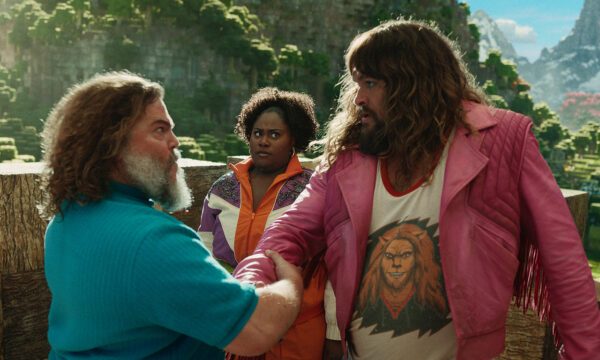




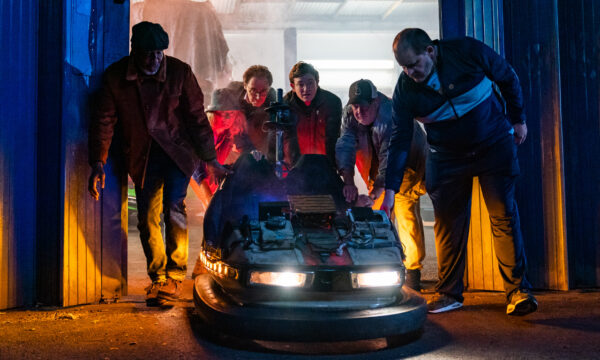
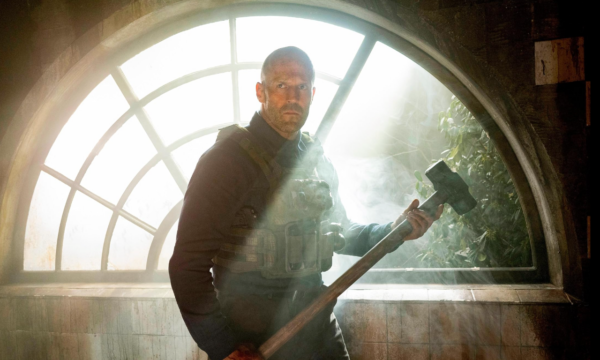
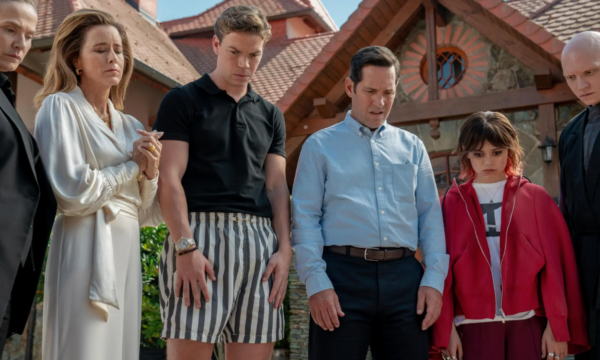








Facebook
Twitter
Instagram
YouTube
RSS